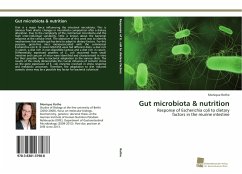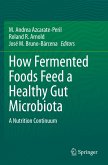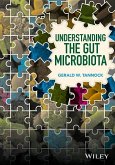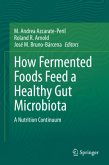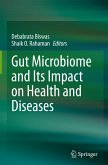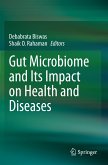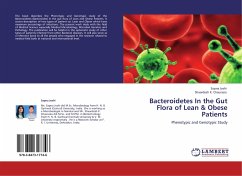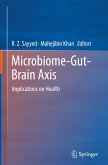Diet is a major force influencing the intestinal microbiota. This is obvious from drastic changes in microbiota composition after a dietary alteration. Due to the complexity of the commensal microbiota and the high inter-individual variability, little is known about the bacterial response at the cellular level. The objective of this work was to identify mechanisms that enable gut bacteria to adapt to dietary factors. For this purpose, germ-free mice monoassociated with the commensal Escherichia coli K-12 strain MG1655 were fed different diets: a diet rich in starch, a diet rich in non-digestible lactose and a diet rich in casein. Differentially expressed proteins of E. coli recovered from small intestine and caecum of mice were identified and characterised in vitro for their possible roles in bacterial adaptation to the various diets. The results of this study demonstrate the crucial influence of osmotic stress on the gene expression of E. coli enzymes involved in stress responseand metabolic processes. Therefore, the adaptation to diet induced osmotic stress may be a possible key factor for bacterial colonisati
Bitte wählen Sie Ihr Anliegen aus.
Rechnungen
Retourenschein anfordern
Bestellstatus
Storno

